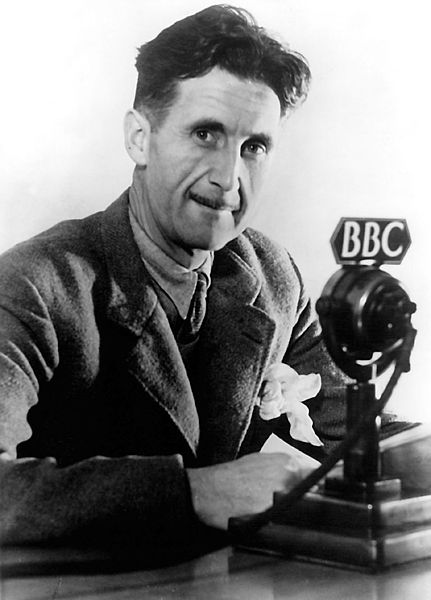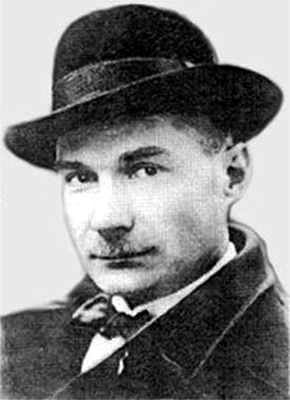After I first saw the movie The Matrix, I remember asking various people if they would rather be inside the matrix as unknowing batteries/slaves, or in the real world with its crappy living conditions, but with a measure of human freedom. I was surprised by how many people said they would choose blissful ignorance.
You could ask the same basic question about a lot of dystopian literature and movies, which depict an imagined place or future that is all bad, typically due to totalitarian rule or a destroyed environment. And you can find those works everywhere these days. I don’t know if it means we’re losing hope in humanity, or if it a way for us to learn how to retain our humanity.
Most of us know of the most famous dystopian novels, which include Aldous Huxley’s Brave New World (1932), George Orwell’s Nineteen Eighty-Four (1949), and Ray Bradbury’s Fahrenheit 451 (1953). More recently, reaching a younger audience, we have The Hunger Games trilogy by Suzanne Collins and the Divergent trilogy by Veronica Roth.

George Orwell in BBC 1940. Photo source www.penguinbooksindia.com/en/content/george-orwell via Wikimedia Commons
In my internet travels, I discovered a book I had never heard of, but that pre-dates all of those listed above. Some literary experts (who debate personal theories as often as historians do) believe that both Orwell and Huxley liberally stole from Yevgeny Zamyatin’s We, which was first published in America in 1924. I actually found a review of We written by Orwell in 1946, a mere three years before he published Nineteen Eighty-Four, stating that Huxley’s Brave New World “must be partly derived from” We. In the review, he also tells how difficult it was to get a copy of this book, and how he eventually settled for a French translation. If you’re interested in a copy, there are plenty now available on the internet.

Zamjatin (1884-1937) around 1919. Photo source http://orwell.ru/people/zamyatin/img/ez01w.jpg via Wikimedia Commons
Yevgeny Zamyatin (1884-1937) was a Russian writer and satirist who lived through, and wrote about, the turbulent times surrounding the Russian Revolution and the beginnings of the Soviet Union in the early 1900s. He was arrested several times for his political views, which included a stint in Siberia. He arranged to have a copy of his manuscript for We smuggled to the United States for translation and publication. A Russian language version was printed in Prague and some copies made it to the Soviet Union. After that, Zamyatin was no longer allowed to publish anything in his own country. He requested exile to France in 1931 and spent the rest of his life there.
So going back to The Matrix, one of the many more recent dystopian works, which life would you choose? Don’t worry, we’re not here to judge and you don’t have to tell us your choice. But a little self-awareness is a powerful thing.
